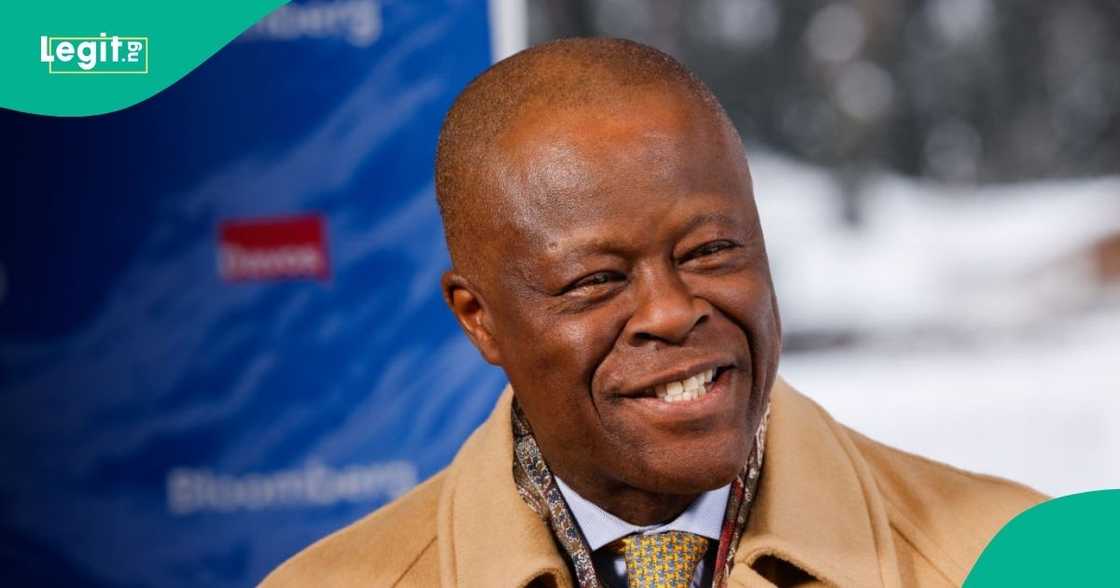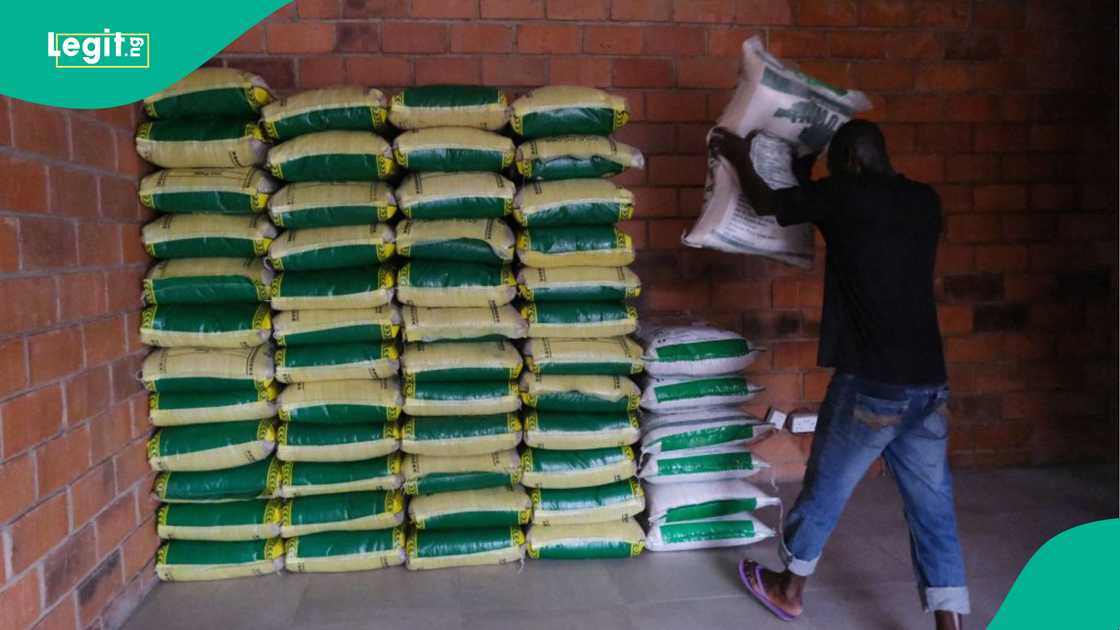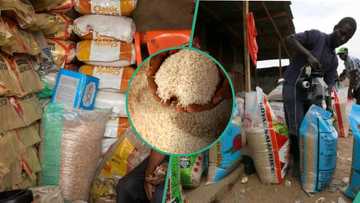Wale Edun Confirms Dealers New Price for Bag of Rice, Says “Nigeria Turning Towards Prosperity"
- The federal government said that a 50kg bag of rice now averages N80,000, down from about N120,000 last year
- Minister of the Economy, Wale Edun described the changes as a sign that the economy is on the path of growth
- He cited the latest GDP and inflation figures and the balance of the reserves as a sign that the economy has rebounded
Legit.ng journalist Dave Ibemere has over a decade of experience in business journalism, with in-depth knowledge of the Nigerian economy, stocks, and general market trends.
Wale Edun, Nigeria's Minister of Finance and Coordinating Minister of the Economy has said that the federal government’s economic reforms are beginning to show signs of results.
In an opinion piece released over the weekend titled “Nigeria Turning Towards Prosperity,” He said inflation pressures have eased, referencing the price of a 50kg bag of rice now averaging N80,000 about N20,000 lower than last year’s average of N100,000 N120,000.

Read also
SEC: Only 4% of Nigerians invest in stocks as crypto transactions hit $50 billion in one year

Source: Getty Images
He noted that when President Tinubu assumed office in 2023, Nigeria’s economy faced slowing growth, surging inflation, and market distortions like fuel subsidies and multiple exchange rate that had scared off investors.
Edun asserted:
“Despite some historical shortfalls and present-day challenges, I believe the most difficult phase of our economic journey is behind us. Nigeria has turned a decisive corner. The road ahead will demand hard work and discipline, but we are firmly on the right path"
According to him, key macroeconomic indicators are now showing improvement. GDP grew by 4.23% in the second quarter of 2025, inflation moderated to 18.02% after six consecutive months of decline, and foreign reserves rose above $43 billion, the highest since 2019, Punch reports.
The gap between official and parallel exchange rates has also narrowed to about 1%, from nearly 70% two years ago.
Food prices is falling
Edun acknowledged that food inflation had been the hardest on Nigerians but said targeted government measures were yielding results.
He said.
“A bag of rice that cost about N120,000 last year now averages around N80,000. The prices of garri, pepper, tomatoes, and other essentials have also decreased."
The minister added that government programmes were in place to stimulate agricultural production while safeguarding farmers’ incomes.
He continued:
“We are implementing programmes that ensure our smallholder farmers have enough incentives to return to farms next planting season.”

Source: Getty Images
Edun also disclosed that 8.1 million households had received direct cash support to cushion the impact of economic reforms, with plans to reach 15 million households once the identity verification challenges are resolved
On fiscal policy, he acknowledged Nigeria’s high debt-service costs and low revenue-to-GDP ratio of about 10%, but said the new Nigeria Tax Act, signed in June 2025, would broaden the tax base and strengthen revenue collection.
The minister expressed confidence that ongoing reforms and improved investor confidence would drive stronger growth in the coming years.

Read also
Naira surges again as foreign reserves near $43 billion, banks, FX dealers slash dollar rates
He said.
“Our medium-term target is 7% growth by 2027/28 “If we work together, we will not only meet this target but surpass it.”
Each Nigerian now owes N662,565
Earlier, Legit.ng reported that data from the Debt Management Office revealed that Nigeria’s total public debt has surged to N152.39 trillion as of June 2025, a rise from N87.4 trillion in June 2023, around the time President Bola Tinubu assumed office.
The increase means each Nigerian now carries a debt share of about N662,600, nearly doubling the per-capita burden from 2023.
The debt figures for citizens were calculated by dividing the total public debt by the estimated population of 230 million.
Source: Legit.ng



